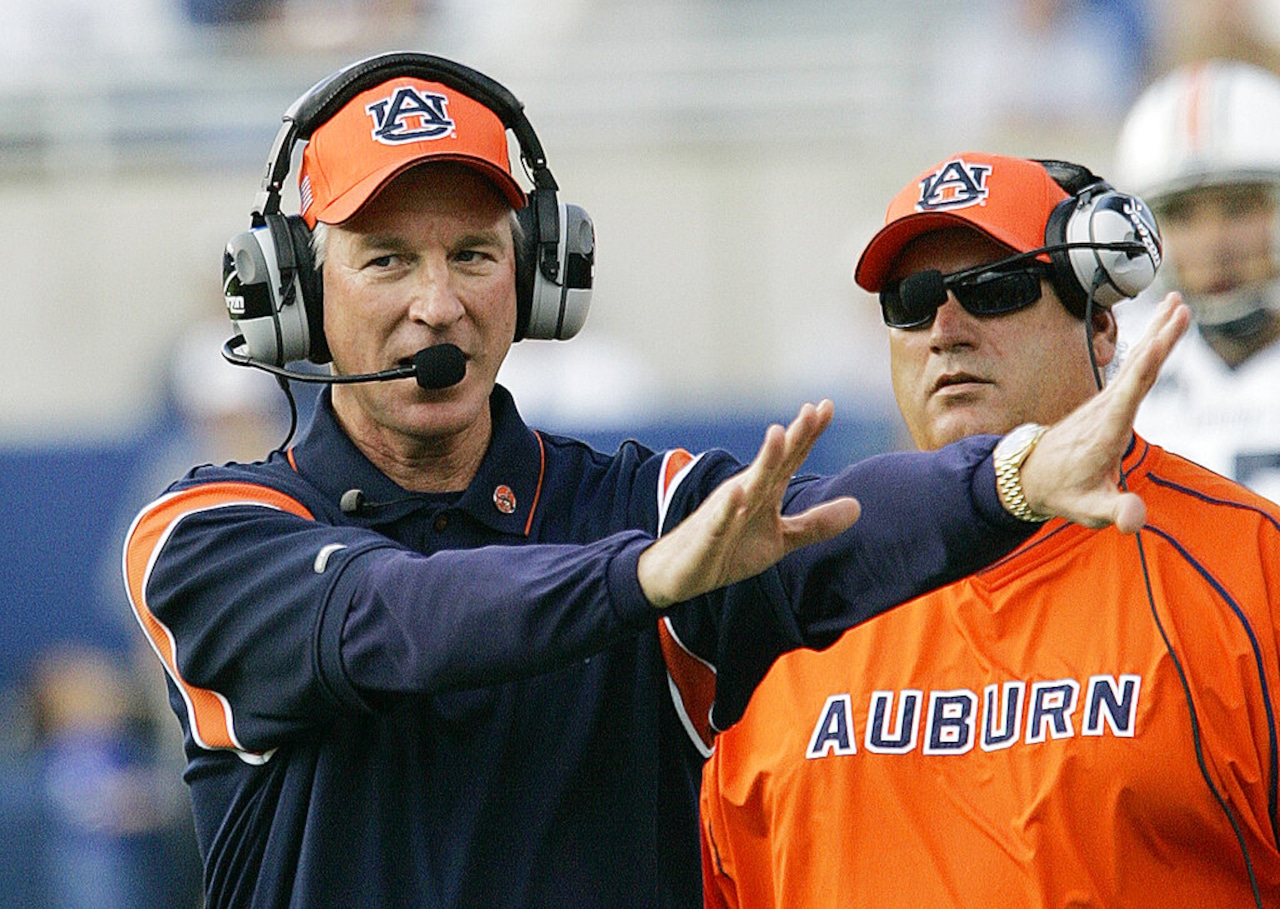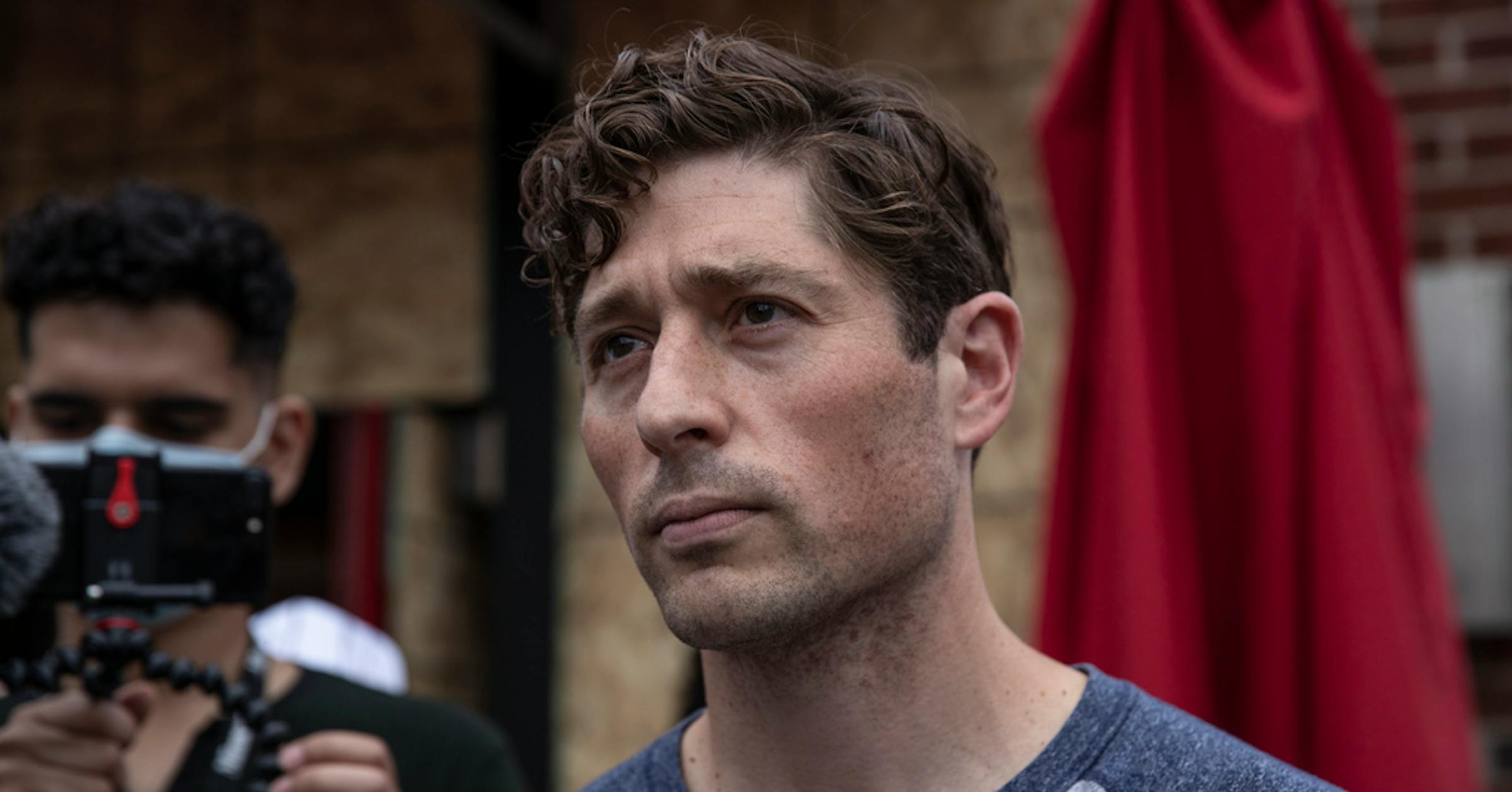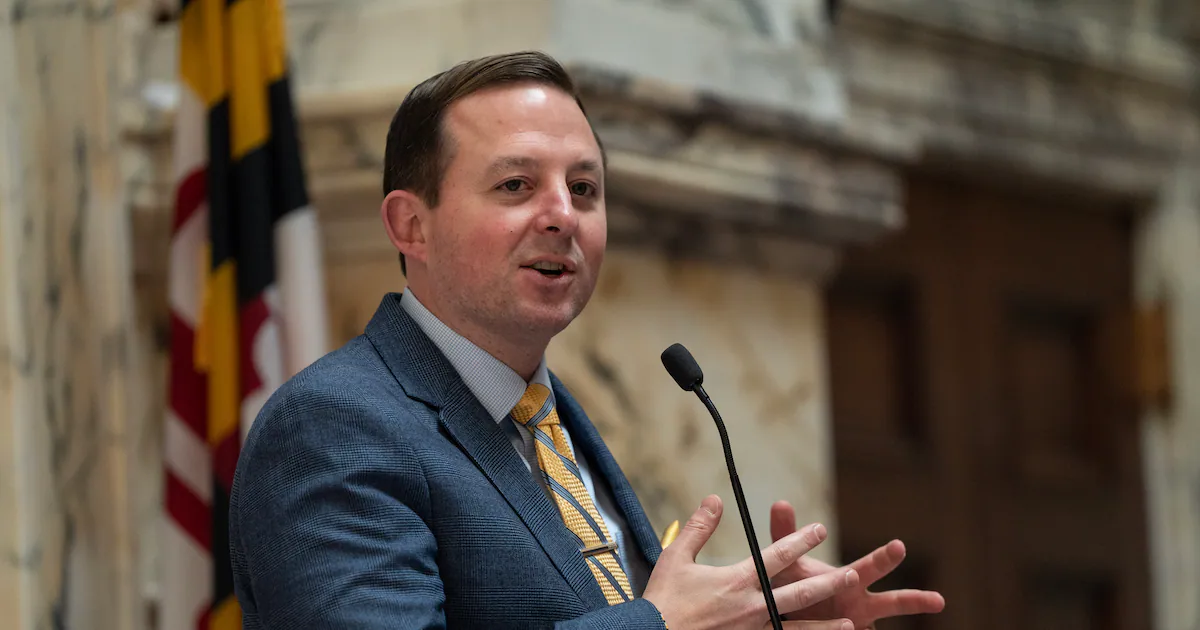Copyright AL.com

Auburn fired head football coach Hugh Freeze on Sunday, continuing a trend that has extended more than half-century. Every Tigers head coach in the last 50 years — eight of them in all, not counting interim coaches — has either been fired or forced out. The last one who left Auburn on his own terms was the legendary Ralph “Shug” Jordan, who retired at the end of the 1975 season after 25 years at his alma mater. It really is an amazing streak, unequaled among the 10 schools who have been in the SEC for all of those years. Every other long-time member of the conference — Alabama, Florida, Georgia, Kentucky, LSU, Mississippi State, Ole Miss, Tennessee and Vanderbilt — has had at least one football coach who left voluntarily, either retiring or moving to another job. Here’s the full list, in chronological order: 1. Doug Barfield (1976-80) — Resigned On the March 1975 day that Jordan revealed the upcoming season would be his list, Auburn also announced that Barfield — the Tigers’ offensive coordinator the previous season — would be his successor. It was something of a controversial decision, given that defensive coordinator Paul Davis had been on the Auburn staff since 1967. Barfield went 29-25-1 in five seasons at Auburn, with the high point an 8-3 mark in 1979 (the Tigers were banned from the postseason that year due to NCAA sanctions). After his 1980 went winless in SEC play and lost to Alabama for the eighth straight time overall, Barfield was asked to resign by school president Hanly Funderburk. He did so on Dec. 1, 1980. Barfield later worked as an assistant at Mississippi State and spent many years as a high school coach and administrator with the Alabama High School Athletic Association, but was never a major-college coach again. 2. Pat Dye (1981-92) — Resigned Auburn first made a run at Georgia head coach Vince Dooley, but the former Tigers quarterback and assistant coach turned down his alma mater largely due to the fact that his Bulldogs were in the middle of a national championship run. (It was widely reported at the time that Dooley had first agreed to take the Auburn job before quickly changing his mind.) So the Tigers “settled” for Dye, a former Georgia star and Alabama assistant who had enjoyed moderate success as head coach at East Carolina and Wyoming. His first Auburn team finished 5-6, but then embarked on an 8-year run that included four outright or shared SEC championships and six Iron Bowl wins. As Dye’s health began to fail and the program became embroiled in another NCAA scandal, the Tigers slid into mediocrity in 1991 and 1992. Likely to be fired eventually, Dye announced his resignation on the eve of the 1992 Iron Bowl. He was only 53 at the time and had a 99-53-4 record at Auburn, but he never coached again. 3. Terry Bowden (1993-98) — Resigned Then just 36 years old and the head coach at Division I-AA (now FCS) Samford, Bowden was a something of a surprise hire when he replaced Dye late in 1992. Miami’s Dennis Erickson, North Carolina State’s Dick Sheridan and Georgia Tech’s Bill Lewis had reportedly all turned Auburn down. However, Dowden enjoyed immediate success, leading a probation-wracked Auburn program to an 11-0 record and Iron Bowl victory in 1993 and then a 9-1-1 finish (with nine wins to start the year) in 1994. The Tigers won the SEC West title for the first time in 1997, but Bowden’s program fell apart quickly the following season amid a deteriorating relationship with the school’s powerful boosters. After a 1-5 start in 1998, Bowden asked athletics director David Housel for assurances he would be retained at the end of the season despite a 47-17-1 record. When Housel couldn’t give such a “vote of confidence,” Bowden resigned abruptly the night before a late October home game vs. Louisiana Tech. Defensive coordinator Bill Oliver took over as interim coach, and the Tigers went on to finish 3-8 — their lowest win total since the early 1950s. 4. Tommy Tuberville (1999-2008) — Resigned Tuberville was wooed away from SEC West rival Ole Miss after posting a 25-20 record in five seasons. His first Auburn team finished 5-6, but his second went 9-4 and won the SEC West championship. The Tigers also went 9-4 in 2002, including a stunning upset of 9-1 Alabama in Tuscaloosa. The 2003 team underachieved its lofty preseason expectations, however, and Tuberville was nearly fired late in the regular season (only reporters uncovering the infamous “JetGate” scandal saved his job). Tuberville took advantage of the second chance, with his 2004 team going 13-0 and winning Auburn’s first SEC championship since 1989 (but getting shut out of the BCS national title game). Auburn’s 2005-07 teams were mostly good, winning the Iron Bowl each year to stretch its streak to six in a row over Alabama. But things collapsed in 1998 amid the Crimson Tide’s rise under Nick Saban, with a 36-0 loss in the Iron Bowl the final humiliation. Tuberville resigned in early December, though he curiously received a sizable buyout typically only given to coaches who were fired. He later had middling success in stints at Texas Tech (2010-12) and Cincinnati (2013-16) before going into politics. Tuberville is now winding down his first term as a U.S. Senator, and is set to run for governor of Alabama next year. 5. Gene Chizik (2009-12) — Fired Of all the football coaching hires at Auburn in the last half-century, none has been met with as much immediate backlash as when Chizik was lured away from Iowa State in late 2008. He’d been the defensive coordinator on Auburn’s unbeaten 2004 team and Texas’ 2005 national championship squad, but was just 5-19 in two seasons as head coach at Iowa State. After an 8-5 finish in his first year (including a near-upset of eventual national champion Alabama), Chizik’s program blossomed in 2010. The Tigers rode Heisman Trophy-winning quarterback Cam Newton to a 14-0 record and the school’s first national championship since 1957. Newton left after just one season, and Auburn fell back to just above-average in 2011. After offensive coordinator Gus Malzahn left to become head coach at Arkansas State a year later, the Tigers fell off a cliff. Auburn finished 3-9 in 2012 and went winless in SEC play for the first time since 1980. The Tigers lost 49-0 in the Iron Bowl, and Chizik was fired the following day, less than two years after winning a national championship. He’s since drifted back and forth between coaching and television work, including two stints as defensive coordinator at North Carolina. 6. Gus Malzahn (2013-20) — Fired Wooed back to Auburn after one season at Arkansas State, Malzahn hit the ground running as no Tigers head coach since Bowden had done. Auburn beat two-time defending national champion Alabama in the Iron Bowl on the “Kick Six”, won the SEC championship game and reached the BCS national title game for the second time in four years before losing narrowly to Florida State. Malzahn was never able to replicate that success in the subsequent seven years, however, though his 2017 team won the SEC West and his 2019 squad finished 9-4. Unable to consistently develop quarterbacks or offensive linemen, Malzahn’s reputation as an offensive genius diminished over time. He flirted with the Arkansas job after the 2019 season, but signed a contract extension instead, only to be fired after a 6-5 finish in the COVID-marred 2020 season despite a 68-35 career record. Malzahn immediately landed at Central Florida, but also was unable to sustain early success and resigned at the end of the 2024 season. He’s now in his first year as offensive coordinator at Florida State. 7. Bryan Harsin (2021-22) — Fired The resulting power struggle between boosters/trustees and the Auburn administration from Malzahn’s departure resulted in the “outside the box” hiring of Harsin, the first Tigers coach without SEC or state of Alabama ties since the pre-Jordan era. Harsin had been offensive coordinator at Texas and spent one season as head coach at Arkansas State, but had spent most of his career as an assistant or head coach at Boise State, his alma mater. Harsin appeared to be a bad fit from the start, failing to make recruiting inroads in the state and alienating the Auburn locker room. His first Tigers team finished 6-7, though it nearly pulled off a stunning upset in the Iron Bowl before losing in four overtimes. Auburn conducted an internal investigation that offseason (apparently trying to find an excuse to fire Harsin for cause), but wound up keeping him for 2022. The Harsin firing watch continued all through September and October, before he was finally let go on Halloween night, two days after a 41-27 loss to Arkansas dropped the Tigers’ record to 3-5. His 21-game tenure at Auburn is one of the shortest of any coach in modern SEC history. Running backs coach Cadillac Williams served as interim coach for the final four games, beating Texas A&M and Western Kentucky before a 22-point loss to Alabama finished Auburn’s season at 5-7. 8. Hugh Freeze (2023-25) — Fired After a much-publicized flirtation with Ole Miss head coach Lane Kiffin, Auburn landed on Freeze, who had been in exile at Liberty after his own tenure with the Rebels ended amid NCAA and personal conduct violations in 2017. Freeze had earned a reputation as a brilliant offensive mind and tireless recruiter over the years, famously recording back-to-back wins over Saban’s Alabama teams in 2014 and 2015. But while he proved adept at talent acquisition (the Tigers had consecutive Top 10 recruiting classes in 2024 and 2025), Freeze could never develop his players into a consistent winning unit on the offensive side of the ball. After a near-miss vs. Alabama in the 2023 Iron Bowl, Auburn’s 2024 team finished 2-6 in the SEC, with a chronic turnover problem leading directly to several losses. The Tigers hit the transfer portal hard prior to the 2025 season, but highly touted newcomers at quarterback, wide receiver and on the offensive line didn’t lead to better results in the statistical or win/loss column. Freeze was fired on Sunday, with an overall record of 15-19 and 6-16 in the SEC.



